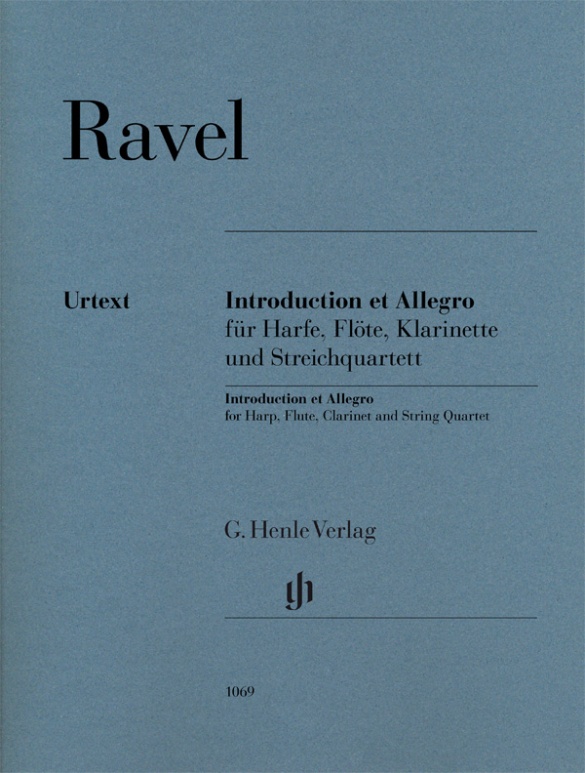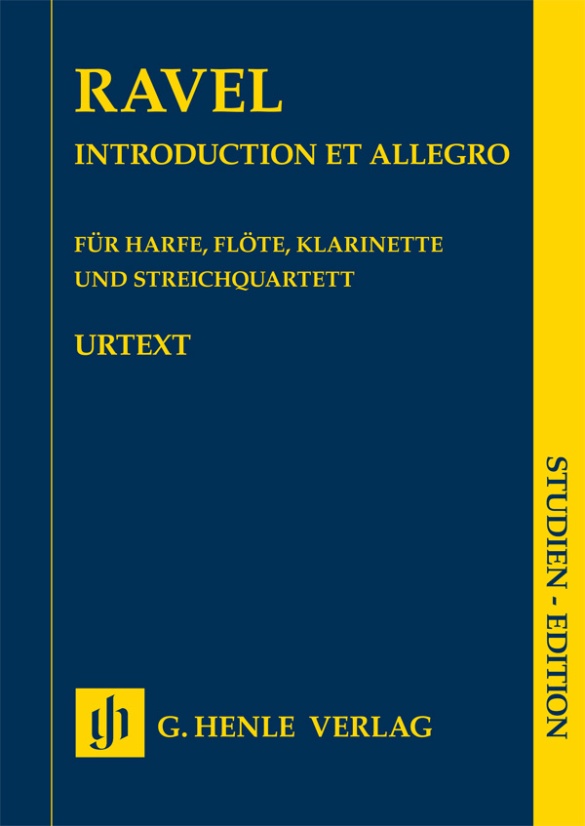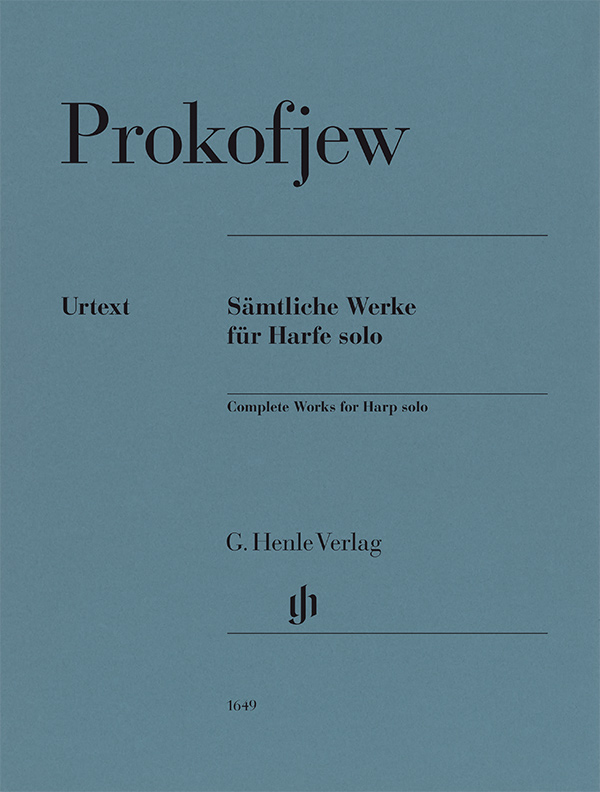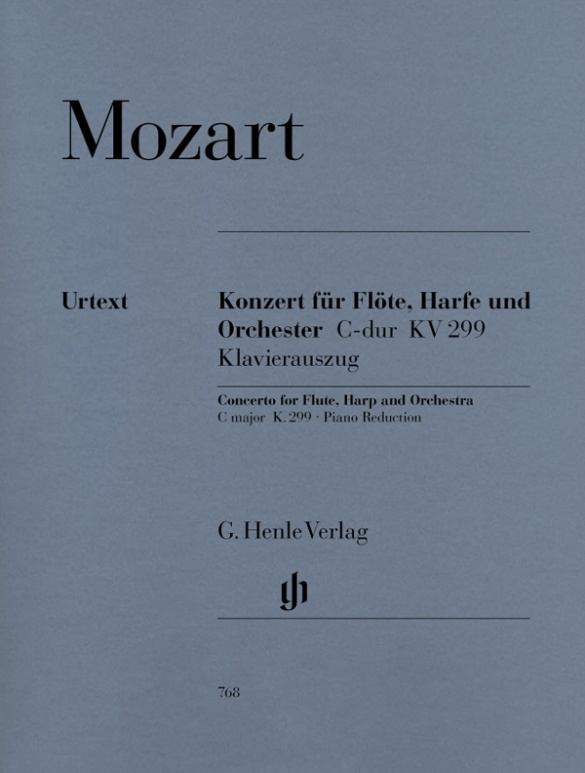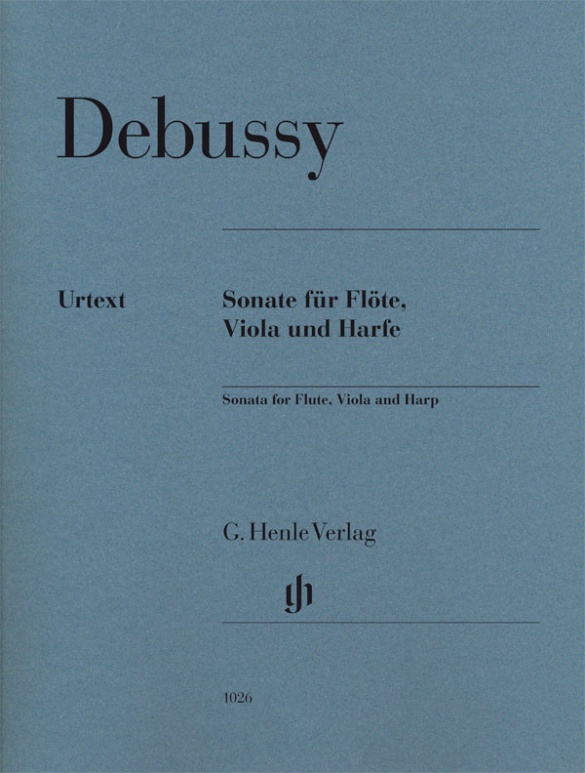

Claude Debussy
Sonata for Flute, Viola and Harp
The middle work in the three late chamber music sonatas was composed in spring 1915, directly after the cello sonata (HN 633). The innovative combination of sounds – a wind instrument, a stringed instrument, and a plucked instrument – greatly contributes to the impression of restrained melancholy.
Debussy himself confirmed it, saying: “It is terribly sad. And I do not know whether one should laugh or cry about it? Perhaps both at the same time?” On another occasion he emphasised the similarities with his own compositional style of the 1890s, remarking of the sonata: “It reminds me of a very old Claude Debussy – the one of the Nocturnes”.
Content/Details
About the Composer
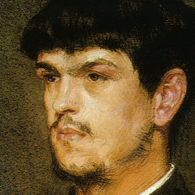
Claude Debussy
Most important French composer around 1900, whose music, primarily characterized by its sound, exhibits profound innovations. His oeuvre bears a close relationship to Symbolism.
| 1862 | Born in Saint-Germain-en-Laye on August 22. |
| 1872–84 | Studies at the Conservatoire de Paris. During this time, he travels with the family of Nadezhda von Meck to Switzerland, Italy, Vienna, and Russia, where he becomes acquainted with Russian and Gypsy music. |
| 1884 | Wins the Prix de Rome with his cantata “L’Enfant prodigue.” Thereafter resides in Rome until 1887. |
| 1887–89 | Songs, “Cinq Poèmes de Baudelaire.” |
| 1888/89 | Visit to the Bayreuth Festival; criticism of Wagner. |
| 1889 | Exposition universelle (World Exposition) in Paris, where he learns about East Asian music, which influences his style. |
| 1890 | Connection to Mallarmé and his circle. |
| 1891/1903 | Series of songs, “Fêtes galantes,” after Verlaine. |
| 1891–94 | Orchestral work “Prélude à l’après-midi d’un faune” (“Prelude to the Afternoon of a Faun”) with arabesque-like melodies. |
| 1897–99 | Nocturnes for orchestra and women’s voices. |
| 1901 | Beginning of his activity as a music critic. |
| 1902 | Performance of the opera “Pelléas et Mélisande” after the Symbolist drama by Maeterlinck, which despite criticism spells his breakthrough. |
| 1903–05 | Orchestral work “La Mer” uses symphonic principles and “Impressionist” tonal language. |
| 1905–07 | Books one and two of “Images” for piano. |
| 1906–08 | “Children’s Corner,” children’s pieces for piano. |
| 1909–10/11–1913 | Books one and two of the “Préludes” for piano; the programmatic titles of these character pieces, some of which are quite esoteric, are listed at the end of each one. |
| 1913 | Songs “Trois poèmes de Stéphane Mallarmé.” |
| 1915–17 | Chamber music sonatas, drawing from the French tradition of the eighteenth century. |
| 1918 | Death in Paris on March 25. |
About the Authors

Peter Jost (Editor)
Dr. Peter Jost, born in 1960 in Diefflen/Saar, read musicology, German and comparative studies at Saarland University in Saarbrücken. He did his PhD in 1988 with a thesis on Robert Schumann’s Waldszenen.
From November 1991 to April 2009 he was a research associate at the Richard Wagner Complete Edition in Munich, and since May 2009 has been an editor at G. Henle Publishers. His Urtext editions comprise predominantly French music of the 19th and 20th centuries, including works by Lalo, Saint-Saëns and Ravel.
Product Safety Informations (GPSR)

G. Henle Verlag
Here you can find the information about the manufacturer of the product.G. Henle Verlag e.K.
Forstenrieder Allee 122
81476 München
Germany
info@henle.de
www.henle.com
recommendations
autogenerated_cross_selling
Further editions of this title
Further editions of this title


